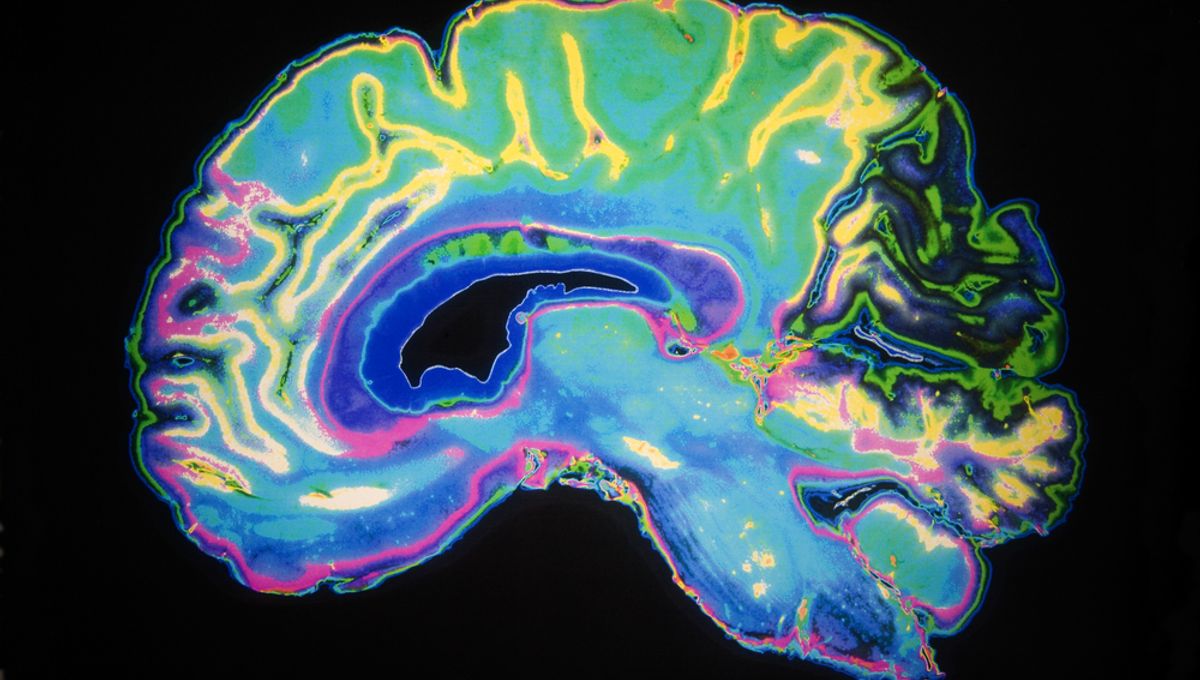
The experimental drug lecanemab has been shown to slow cognitive decline in people with early Alzheimer’s disease. While the long-awaited trial has been heralded as a “historic moment for dementia research”, the death of some participants in the research has sparked concerns about the risk for some people.
Lecanemab is a monoclonal antibody that works by actively removing sticky gunk, known as amyloid-beta, that builds up in the brains of people with Alzheimer’s. During an 18-month trial of almost 1,800 people with early Alzheimer’s, they found that the drug slowed cognitive and functional decline by 27 percent.
Biogen and Eisai, the makers of the drug, stoked some excitement about the trial in September, but the full data has now been published in a prestigious peer-reviewed journal.
“This is the first time a drug has been shown to both reduce the disease in the brain and slow memory decline in clinical trials”, Dr Susan Kohlhaas, Director of Research at Alzheimer’s Research UK, said in a statement.
“Although the benefits were small and came with significant side effects, it marks the arrival of a treatment that can slow the course of Alzheimer’s disease. With all this excitement, there are still many questions and challenges we need to address”, continued Dr Kohlhaas.
The promising results have been somewhat marred by a number of deaths in trials and there are some worries about whether the drug is safe for some patients, especially those taking blood thinners.
At least two people in the trial died after taking the drug, according to media reports by STAT News and Science. One of these fatalities was a 65-year-old woman who died from a massive brain hemorrhage that some researchers link to the drug. The other was a man in his late 80s who was taking a blood thinner for a heart condition.
Paired with these two deaths, the data from the trial shows that six lecanemab-treated patients suffered from strokes.
Biogen and Eisai deny that the trials show the drug is risky. They claim that neither of the deaths was directly related to treatment and the number of deaths in the placebo group and in the lecanemab-treated group was similar.
Nevertheless, the potentially related deaths will raise some eyebrows and could impact decisions about how widely the drug should be prescribed if – and it’s still an if – it is eventually approved by regulators.
“Recent reports of two deaths from strokes, attributed to a side-effect of the drug, are concerning. The data published today indicate that six lecanemab-treated patients suffered strokes during the trial compared with two in the placebo group. Treatment, therefore, does carry risks, and in some rare cases this can be severe or life-threatening,” commented Rob Howard, Professor of Old Age Psychiatry at UCL, who was not involved in the research.
“I suspect that the lack of demonstrable clinical effectiveness will mean that lecanemab will not be taken up widely within healthcare systems around the World, although there will always be those whose heart rules their head”, added Professor Howard.
The results of the clinical trial were published on November 29 in the New England Journal of Medicine.
Source Link: New Alzheimer's Drug Slows Decline, But Its Trial Is Linked To Deaths